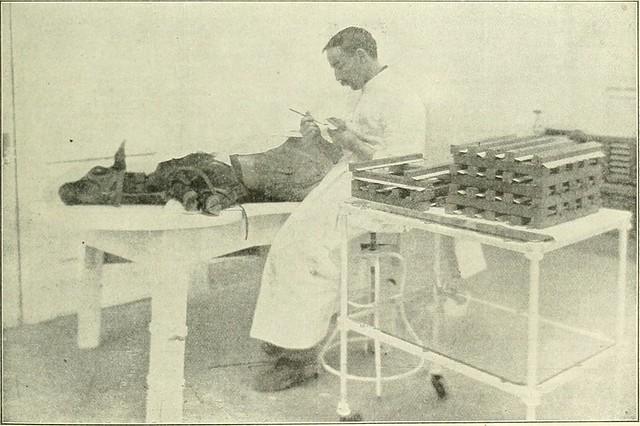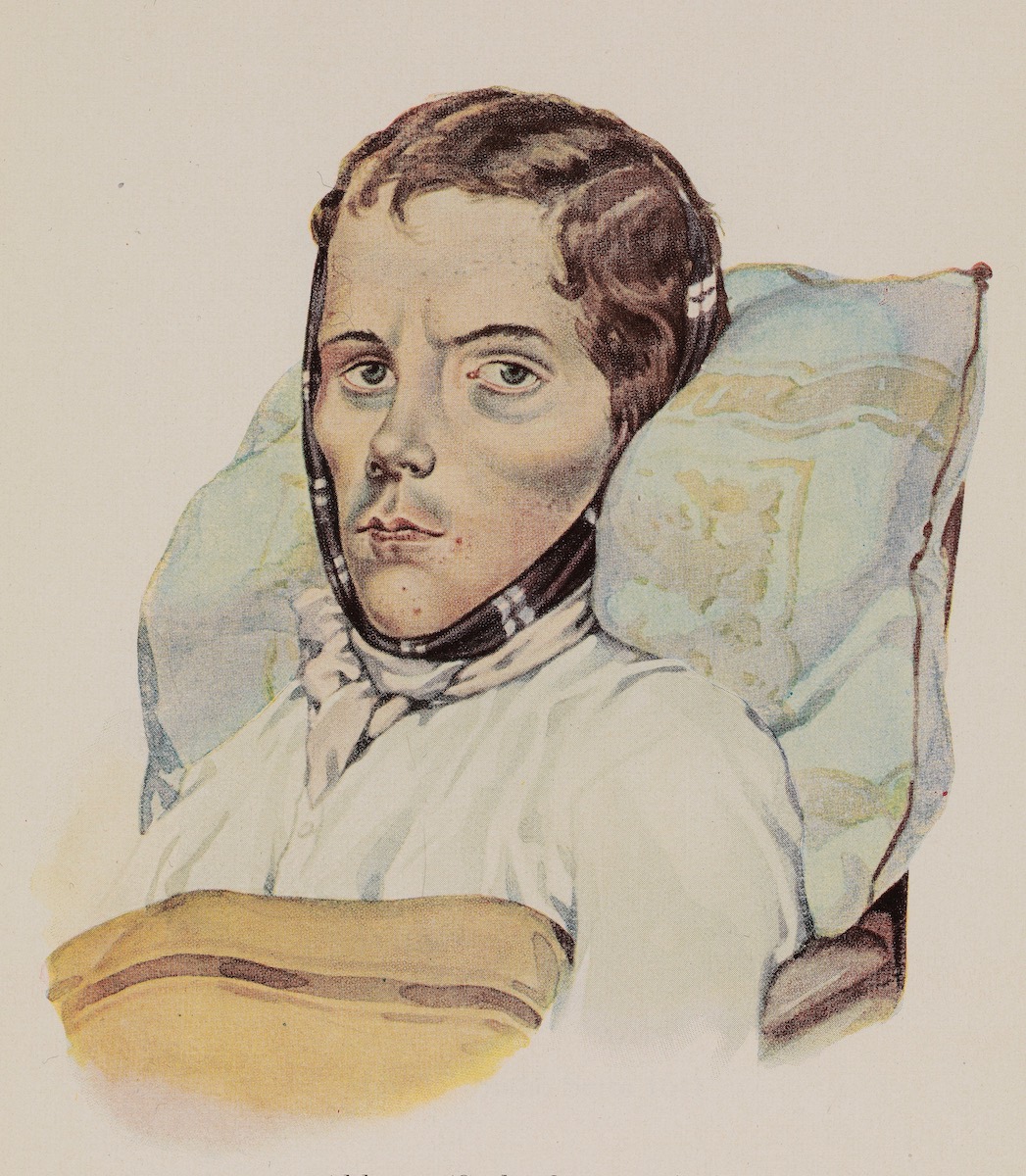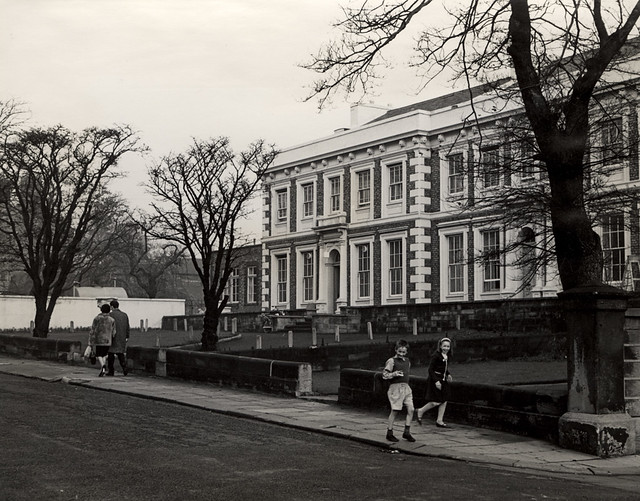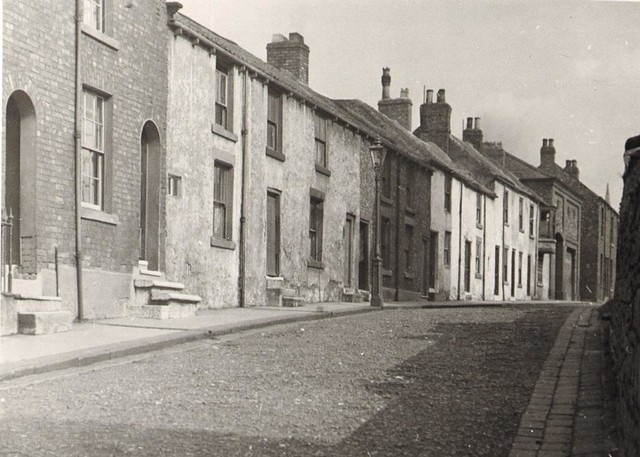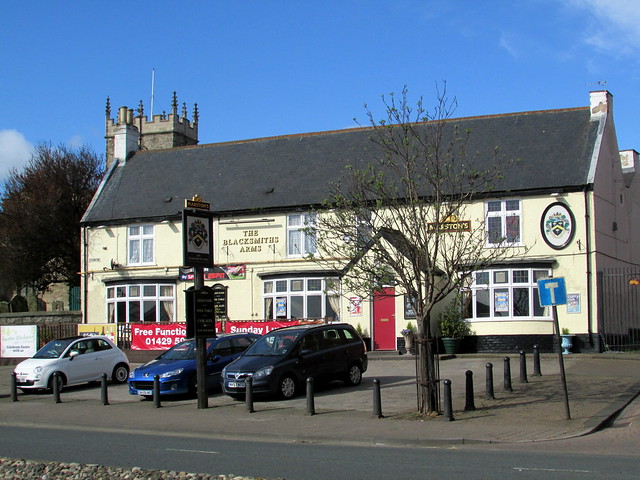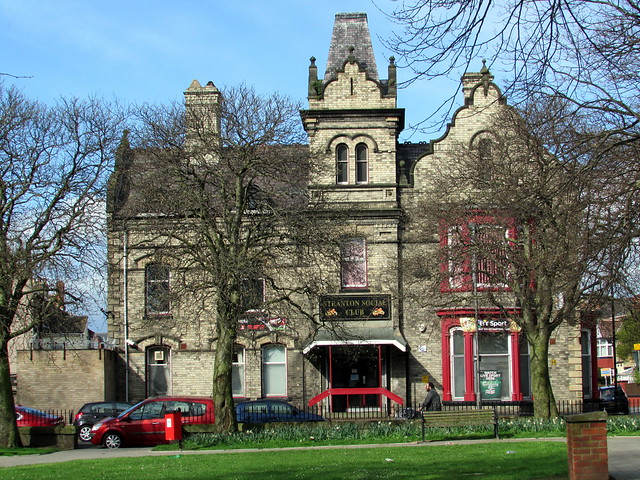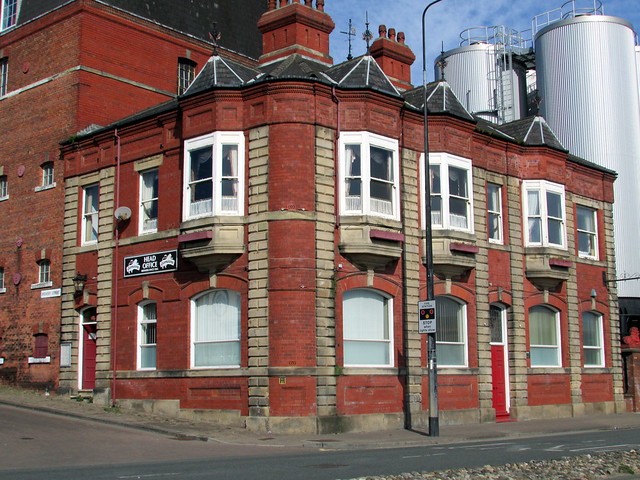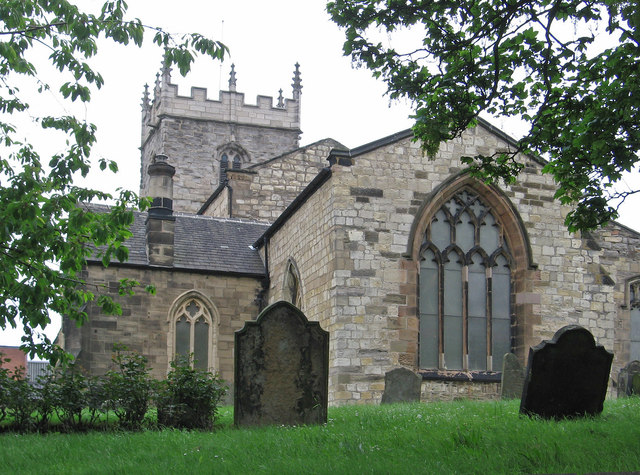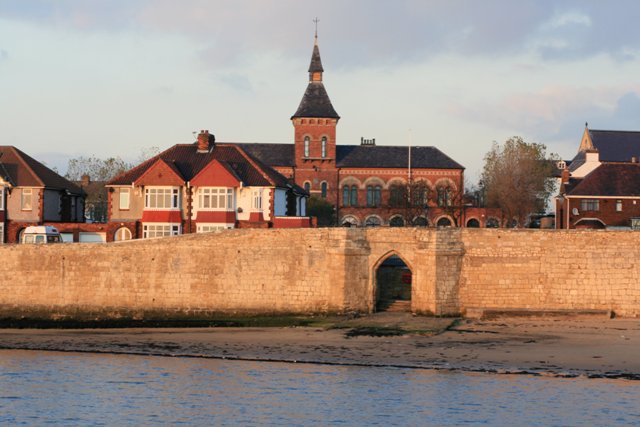Life before National Health Service (NHS)

-
Description
Only 60 years ago, health care was a luxury not everyone could afford. Money was always an issue when it came to seeing the doctor. Half a crown was the amount, and when you're only earning shillings, that can be a lot of money. Quite a lot of people simply couldn't afford healthcare. The second world war crystallised the need for good healthcare. There became a realisation that health shouldn't come down for money. Before the war hundreds of thousands of people were just too poor to see a doctor, so the National Health Service was born in response. We wanted a world that was better after the war than before. Life in Britain in the 30s and 40s was tough. Every year, thousands died of infectious diseases like pneumonia, meningitis, tuberculosis, diphtheria, and polio. Infant mortality - deaths of children before their first birthday - was around one in 20, and there was little the piecemeal healthcare system of the day could do to improve matters. Against such a background, it is difficult to overstate the impact of the introduction of the National Health Service (NHS). Although medical science was still at a basic stage, the NHS for the first time provided decent healthcare for all - and, at a stroke, transformed the lives of millions. The excitement was understandable. Prior to the reforms, the poor often went without medical treatment, relying instead on dubious - and sometimes dangerous - home remedies or on the charity of doctors who gave their services free to their poorest patients. Access to a doctor was free to workers, who were on lower pay, but 'national health insurance' often did not extend even to their wives or children. Hospitals charged for services, and although poor people were reimbursed, they had to pay upfront first to receive treatment. The need for free healthcare was widely recognised, but it was impossible to achieve without the support or resources of the state. Prescription charges of one shilling (5p) are introduced and a flat rate of £1 for ordinary dental treatment is also brought in on June 1 1952. Prescription charges are abolished in 1965 and prescriptions remain free until June 1968, when the charges are reintroduced. "Bevan said the National Health Service gave us the moral leadership of the world. It is our moral duty to protect it.” -
Owner
brizzle born and bred -
Source
Flickr (Flickr) -
License
What does this mean? Attribution-NoDerivs License
-
Further information
Link: https://www.flickr.com/photos/20654194@N07/11382849735/
Resource type: Image
Added by: Simon Cotterill
Last modified: 3 years, 11 months ago
Viewed: 1823 times
Picture Taken: Unknown -
Co-Curate tags

